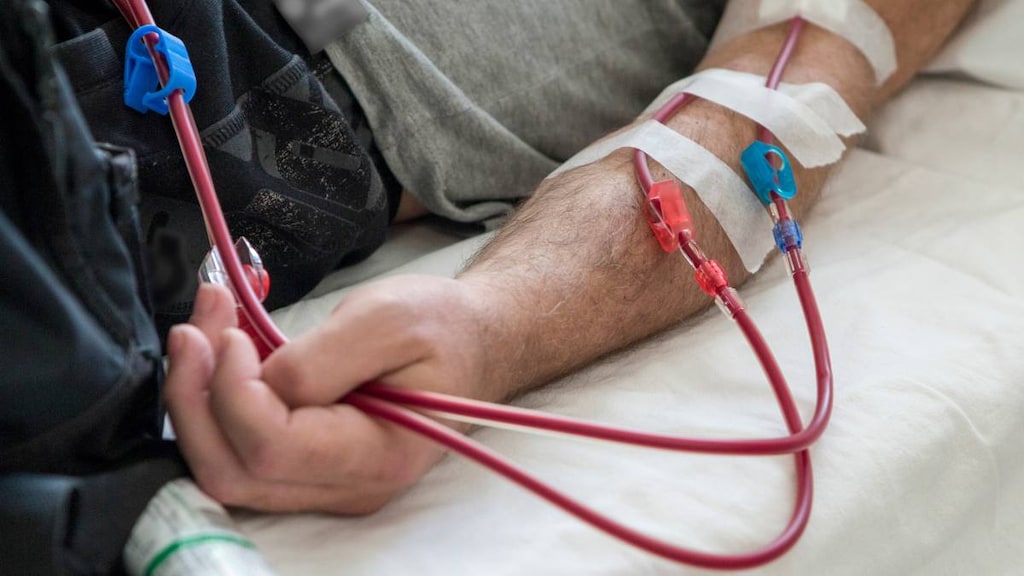
What is renal failure?
Renal failure is the term used to indicate that your kidneys are so damaged or diseased that they are unable to function as they should, and you would not survive without dialysis or a kidney transplant. Renal failure is the last stage of chronic kidney disease. It may also be called kidney failure, or end-stage renal disease (ESRD).
What causes renal failure?
Our kidneys are two fist-sized, bean-shaped organs that sit just below our rib cage, on either side of our spine. Normal, functioning kidneys remove waste and extra fluid from our bodies and keep levels of electrolytes (such as sodium, calcium, phosphorus, and potassium) in our body in balance.
Renal failure is usually caused by health conditions that slowly cause permanent damage to your kidneys, for example:
- Diabetes
- High blood pressure
- Autoimmune diseases, such as lupus or IgA nephropathy
- Polycystic kidney disease or other genetic diseases
- Nephrotic syndrome
- Urinary tract problems.
Controlling these health conditions will reduce your risk of developing renal failure.
Occasionally, renal failure occurs quickly if damage to the kidneys is sudden, which may occur:
- Following a heart attack
- With illegal drug use or substance abuse
- If blood flow to the kidneys is restricted in any way
- Through trauma or surgery
- Due to urinary tract problems.
This is called acute renal failure and it may be reversible with treatment or time.
What are the symptoms of renal failure?
Symptoms of renal failure usually come on slowly (except for cases of acute renal failure) and reflect the build-up of waste, toxins, and fluids in the body.
Symptoms may include:
- Difficulty sleeping
- Excessive urination or not urinating enough
- Itching
- Muscle cramps
- Nausea and vomiting
- Poor appetite
- Shortness of breath
- Swelling (edema) in the feet and ankles.
Symptoms of acute renal failure may include:
- Abdominal pain
- Back pain
- Bleeding nose
- Diarrhea
- Fever
- Rash
- Vomiting.
How is renal failure treated?
There is no cure for renal failure and to survive you will need dialysis (where toxins and wastes are removed from your blood by a special machine) or a kidney transplant. People on dialysis or who have a successful kidney transplant still live long lives.
Other treatments for renal failure may include diuretics or electrolyte binders to treat high levels of electrolytes.




